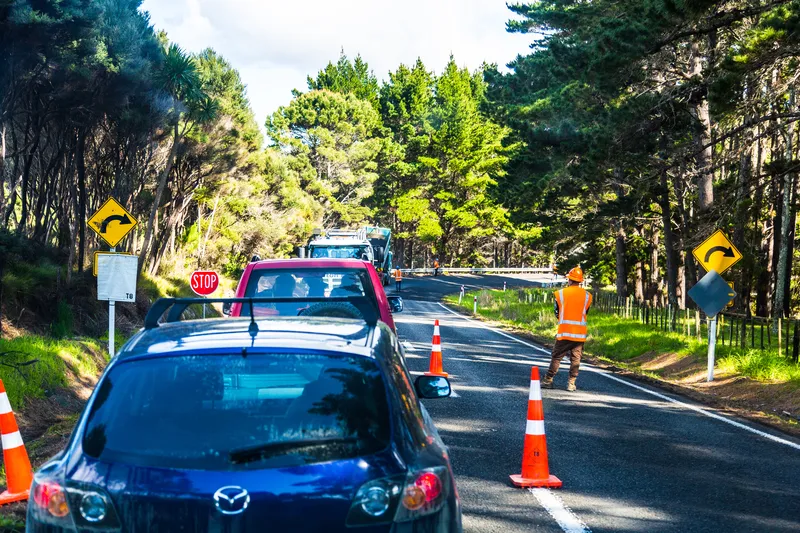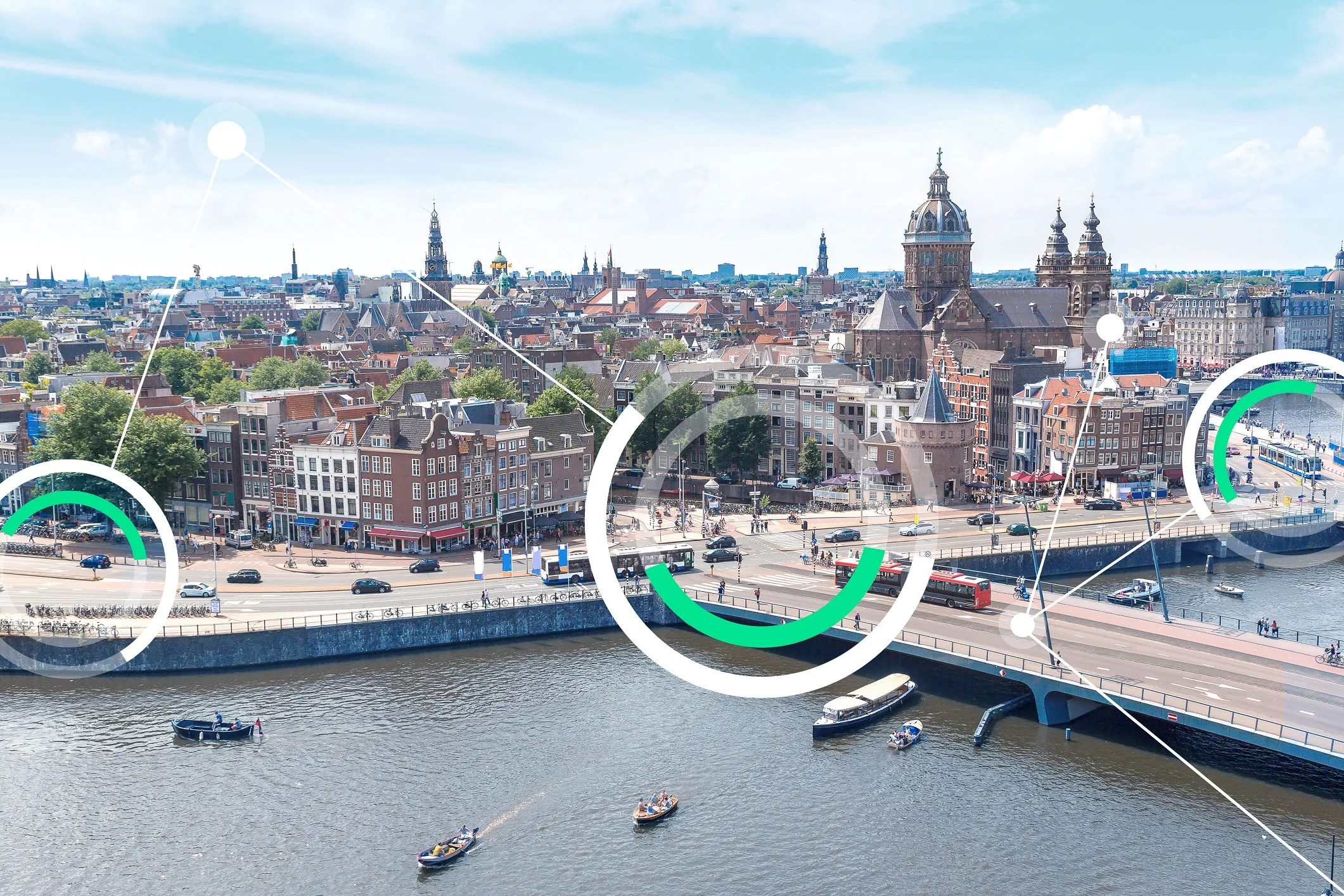
Monotch and Cohda Wireless are working on a Vehicle to Everything (V2X) technology project which aims to improve safety for workzones on New Zealand's roads.
There are around 40 deaths or serious injuries reported on New Zealand's roadworks sites annually, so the collaboration will implement a proof of concept (POC) to provide warnings from road works to other road users.
Starting in April and set to last three months, the project will be a small-scale deployment involving multiple devices across various road works vehicles, after which feedback will be sought so that the technology can be refined "for future scalability".
The project aims to demonstrate real-time and bi-directional data exchange based on cellular networks, showcasing data flow from works vehicles to in-car messages for road users via navigation apps such as Waze and Google Maps.
Monotch says success will be measured by the effectiveness of the technology and the lessons learned from various user groups.
The company is providing the data platform in its first project outside of Europe, using its TLEX solution.
The work will cover several sites in the Wellington and Nelson regions, with potential expansion to Christchurch. The mixture of rural and urban sites and static and mobile works operations is designed to ensure a diverse dataset.
“Because of the proven technology, I am confident this proof of concept will work as expected," says project manager Mike Steere. "Perhaps our biggest learning will be to understand the perceived challenges we must overcome in New Zealand.”
"This country is looking at the future of mobility and wants to implement the best and proven solutions available. We are confident that we, together with the consortium partners, provide an amazing learning experience," says Gary Lin, business development manager for Monotch.
Monotch is involved in many European projects, including the Talking Traffic, Mobilidata and NordicWay programmes.
“Our TLEX platform provides the foundation for digital infrastructure and connected vehicles," says Menno Malta, the firm's CEO and founder.
"We have already done many projects throughout Europe, showcasing the potential of bi-directional and real-time mobility data exchange to make journeys safer, more efficient, and more sustainable.
Fulton Hogan, Resolve Group and Haumaru Health & Safety make up the rest of the consortium for the New Zealand work.









